Introduction: The Federal Reserve's sharp interest rate cut of 50 basis points has ended a four-year marathon of rate hikes, seemingly loosening the global economy's shackles.
But can the rate cut really save the US from its economic predicament?
With a flood of dollars and capital running amok, not to mention, emerging markets have already boarded the financial roller coaster.
Today, let's delve into the truth behind this rate cut show.
The Federal Reserve's rate cut sounds like a strong stimulant for the global economy, but in reality, it's more of a desperate move.
After four years of rate hikes, they found themselves unable to control domestic chaos, inflation, or boost economic growth.
The rate cut is essentially a way to save face; whether it will be effective remains to be seen.
With the US dollar's interest rate cut, funds flow to the global market like a tidal wave.
Despite the money flowing everywhere, the biggest beneficiary is still the world's factory like China.
Global markets are holding onto "cheap dollars," and countries are busy purchasing Chinese-made goods, while the US itself worries about how to spend this money.
Behind the loosening is actually another form of bondage for the US dollar system.
The "intelligence" of hot money lies in its tendency to flow where it's cheapest.
As the Federal Reserve cuts rates, capitalists become restless, borrowing large sums of dollars to invest in emerging markets.
Countries like Vietnam and South Korea have become hot properties.
However, the other side of hot money is that when risks arise, these capitals flee faster than rabbits, leaving emerging market countries to bear the risk of deflation and economic recession on their own.
During the Asian financial crisis, the technique of capital withdrawal was very skilled.
This time, with the Federal Reserve's rate cut, capital is once again restless.
The withdrawal of hot money is like harvesting leeks; the circulation of local currencies decreases, market liquidity suddenly tightens, and deflationary pressure gives emerging markets a "wake-up call."
Countries like Vietnam can only hold onto their foreign exchange reserves and think about how to borrow some money from China to get through the difficult times.
The US wanted to reap the global harvest with rate hikes, but it accidentally got "backfired" by its own economic slowdown.
As for China?
With trillions in foreign exchange reserves and a solid position as the world's factory, it has not only avoided being harvested but also remains stable.
The financial battle has reached this point, with the US not gaining any advantage, but instead, the process of internationalizing the renminbi has been quietly accelerated.
Vietnam's foreign exchange reserves have long been depleted, with high external debt and an inability to repay.
Who will help it at this time?
It's still China.
Whether lending dollars or renminbi to Vietnam, it is all part of the strategy for the internationalization of the renminbi.
When Vietnam takes China's money, it has to turn around and buy Chinese mechanical and electrical equipment and industrial raw materials.
The international influence of the renminbi is gradually built up in this way.
The internationalization of the renminbi is not an empty talk; China has long put it on the national strategic agenda.
Lending money abroad is a gesture, promoting the use of the renminbi in international settlements is a solid strategic layout.
As soon as the Federal Reserve cuts rates, it puts China's currency advantage in a more prominent position.
Not long after the rate cut, China has made a big move by freezing the assets of several US companies.
The implication behind this is too obvious: the economic game has just begun.
China has the confidence to deal with it, and these companies have become the "cannon fodder" in the confrontation between the two sides.
This is not a simple confrontation, but another open card in the US-China financial war.
Conclusion: The Federal Reserve's rate cut seems to be "transfusing blood" into the global economy, but in reality, it is just the US turning a blind eye to its own problems.
The flood of dollars brings a short-term capital carnival, but it makes emerging markets more fragile, and the shadow of the financial crisis has never been far away.
China, with its solid foreign exchange reserves and the increasingly international renminbi, is reshaping the global economic landscape.
What the Federal Reserve can save may only be its own temporary face; as for whether it can solve the real problems?
I'm afraid even they don't have the bottom of their hearts.



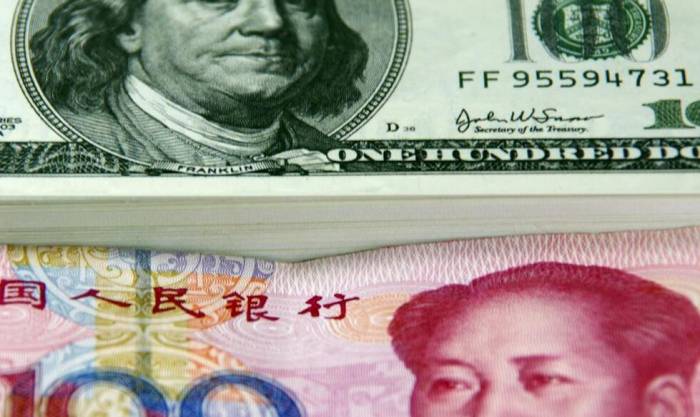

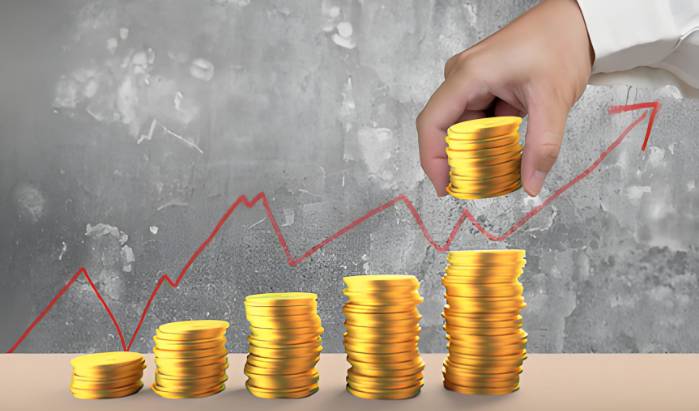
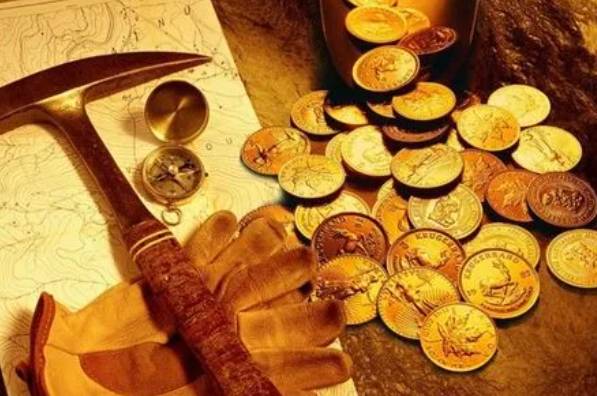



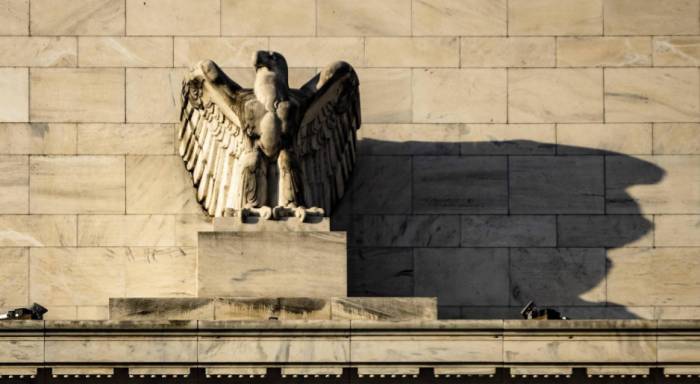

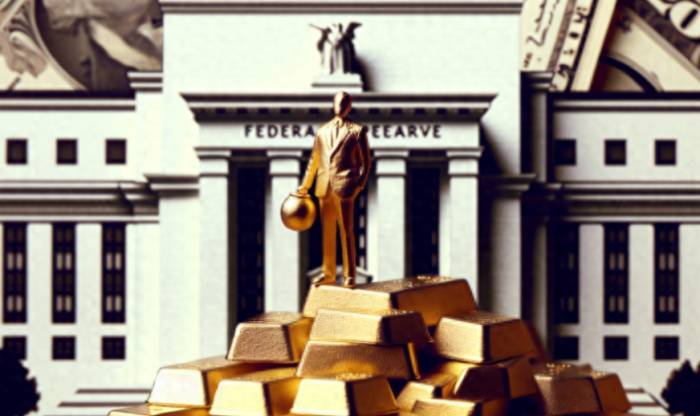


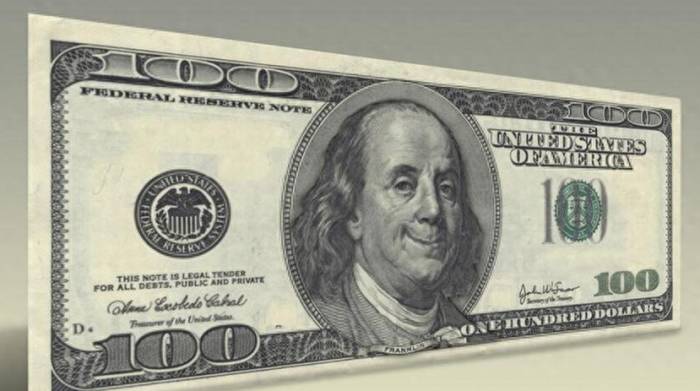
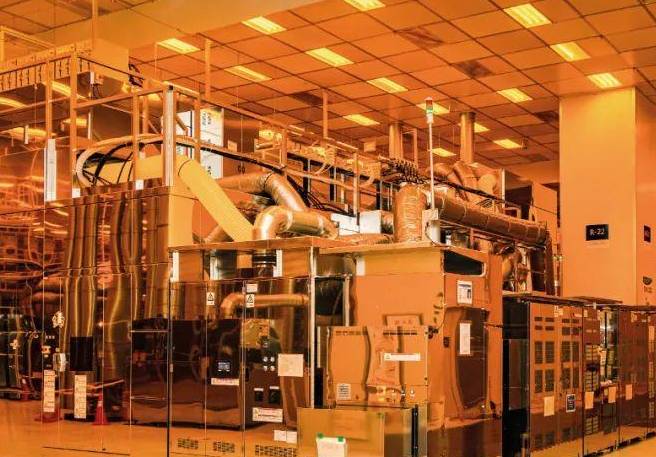




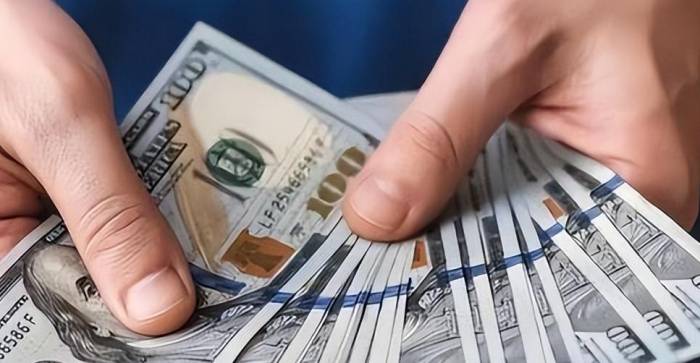


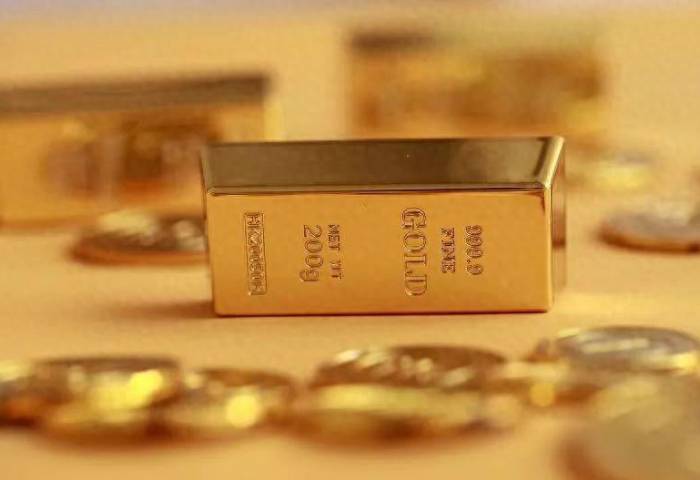





Share Your Comment
hare your unique insights